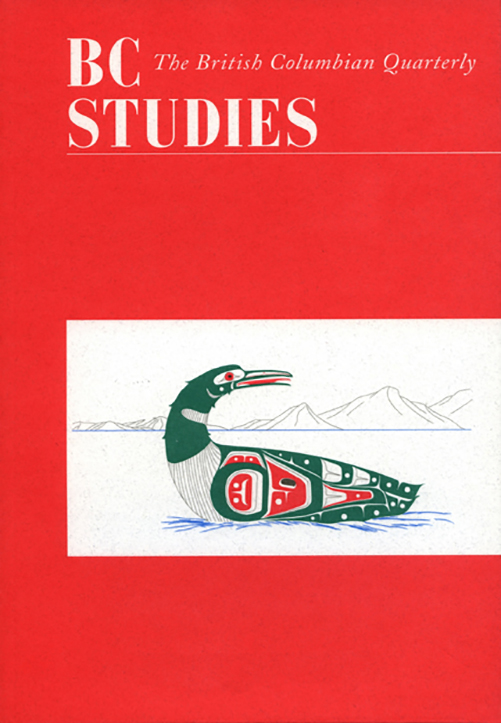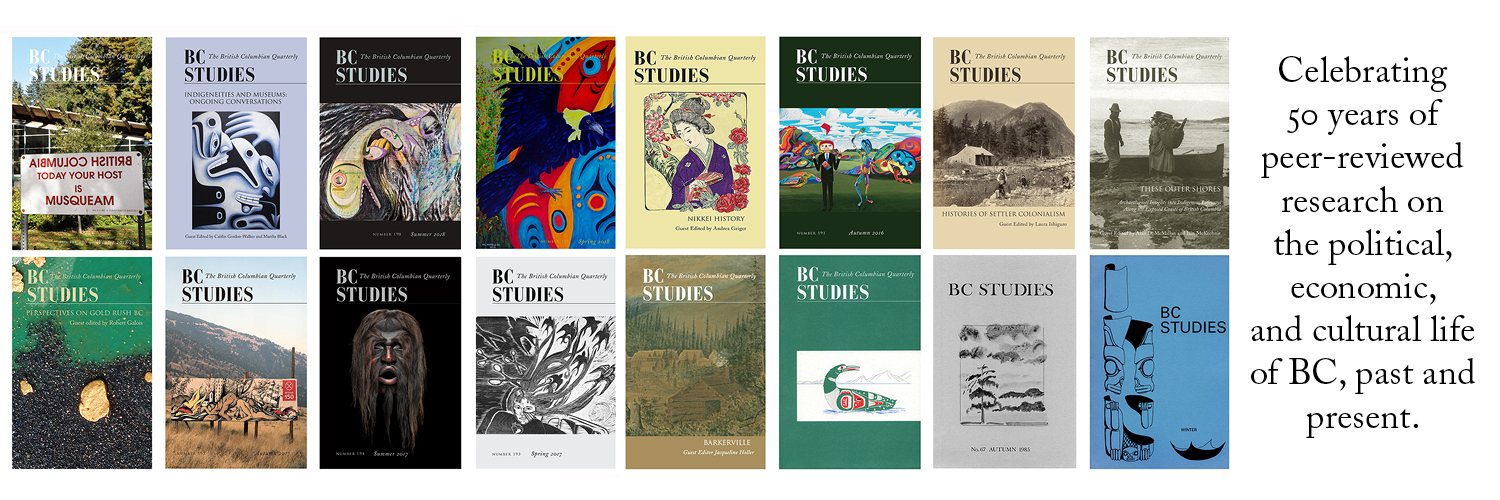Maybe National Park: Consultation, Conservation, and Conflict in the Okanagan-Similkameen
DOI:
https://doi.org/10.14288/bcs.v0i186.185941Keywords:
national park reserves, grasslands, conservation, First Nations, ranching, land use policy, parks and reserves, Okanagan Valley, Similkameen, Txasqin (Mount Kobau), Parks CanadaAbstract
This article is about the process of making a national park reserve in the South Okanagan - Lower Similkameen region of British Columbia, as reflected in the perspectives of people who live within the community or who are connected to Parks Canada’s decision-making process. For all its local focus, this article rests upon extensive background research: research into the process of making national park nature in Canada; research into land and wildlife management practices; and research on indigenous epistemologies about nature, and the progression of white settler culture in the British Columbia. Still, this article makes its primary contribution through its focus on debates about the proposed national park reserve in the South Okanagan – Lower Similkameen Valley. The article rests on both historical research into the area and interviews with current residents of the valley. Its purpose is to determine how stakeholders feel connected to the land on which they live and how they think that a national park reserve would change their relationship with the land. Ultimately, the article sheds light on and helps to understand the attitudes and opinions towards land management held by stakeholders of those areas being targeted for federal conservation, as well as the conflicts and collusions between residents and Parks Canada policies during such processes.



